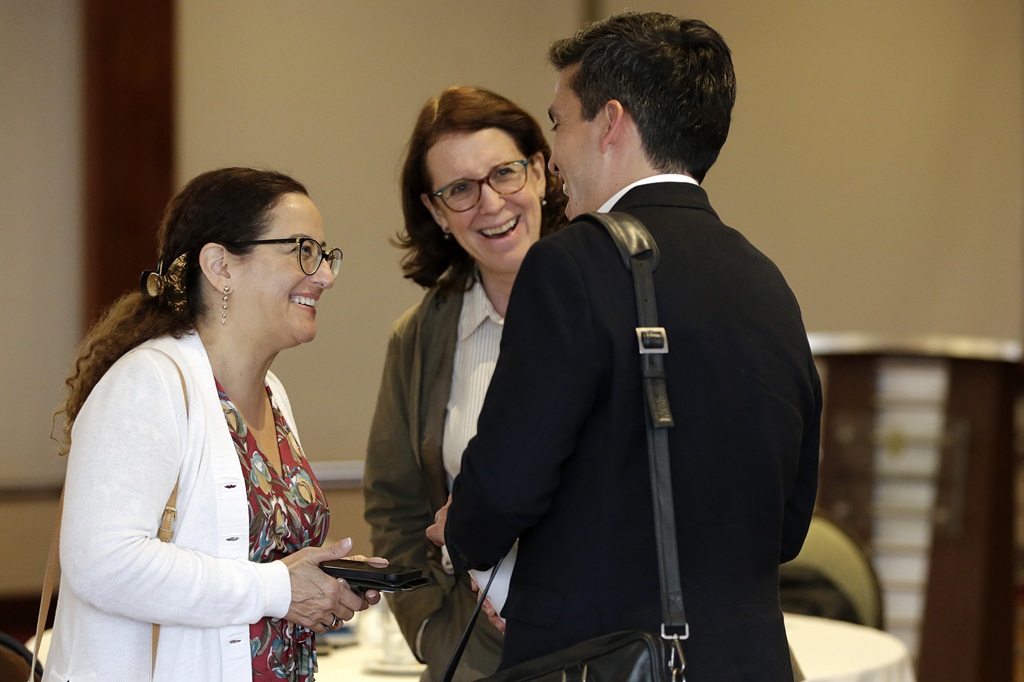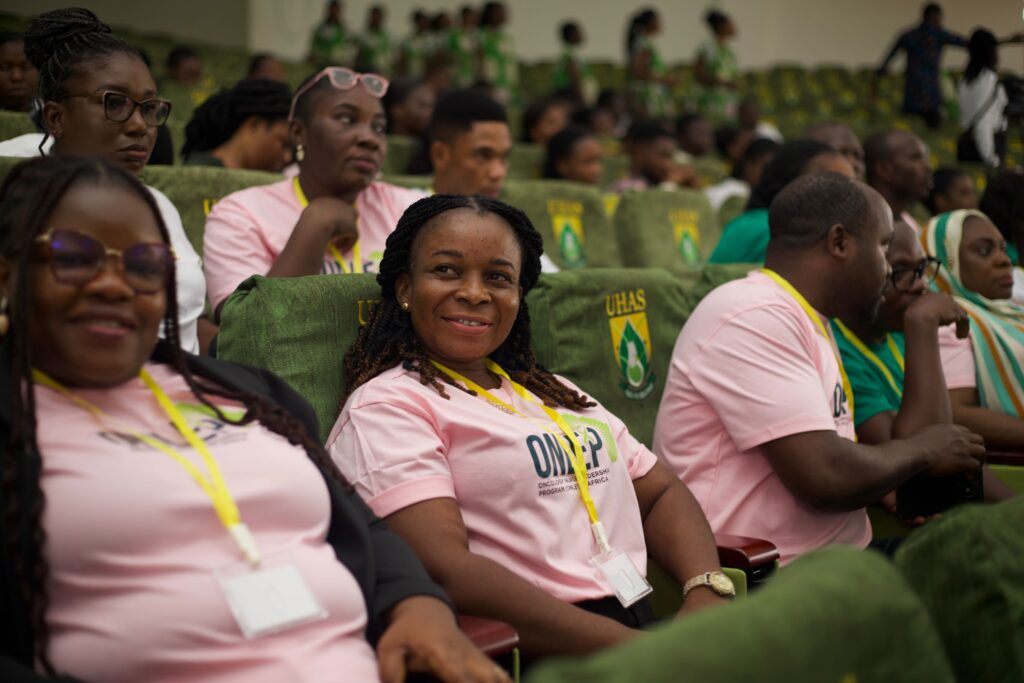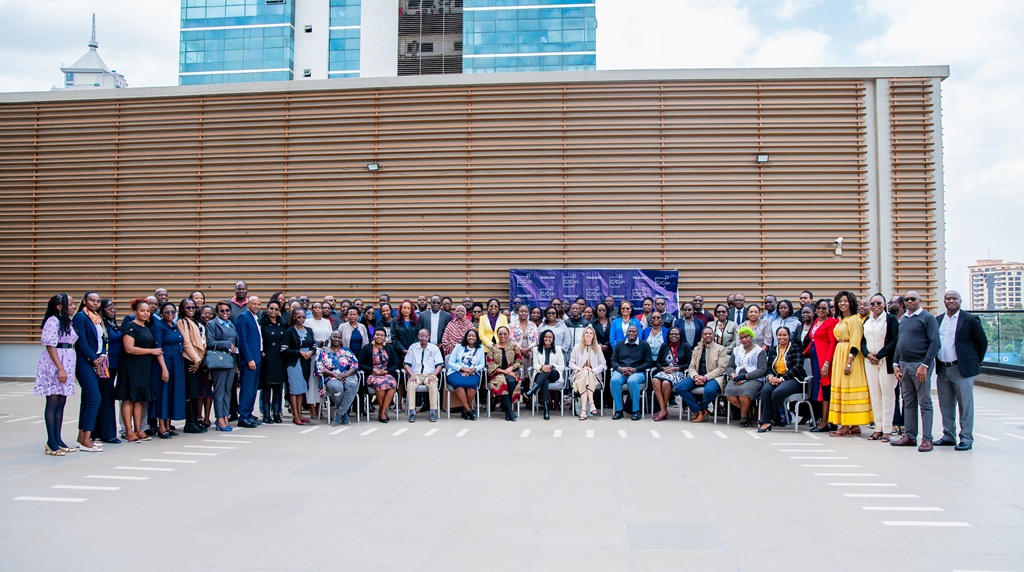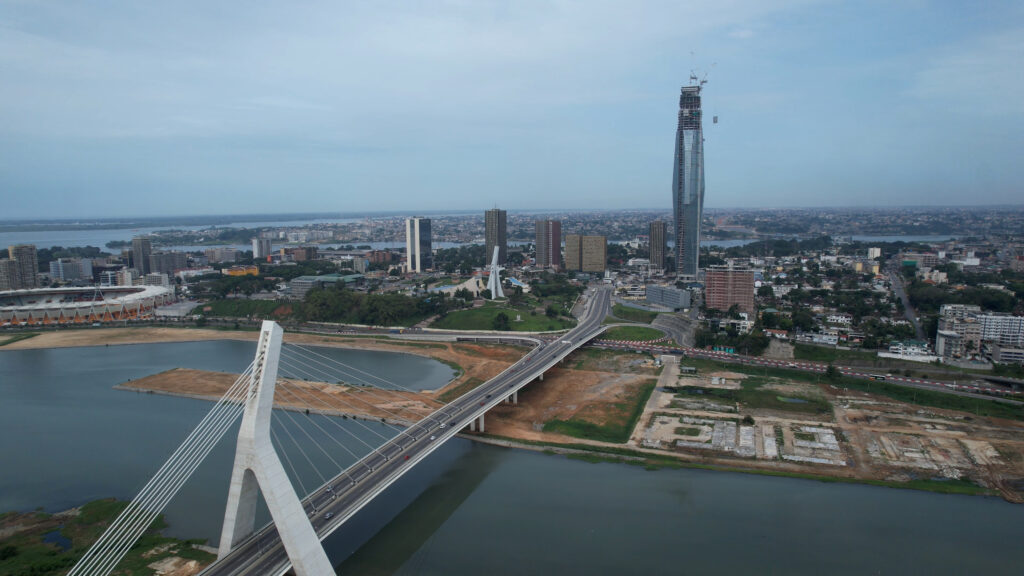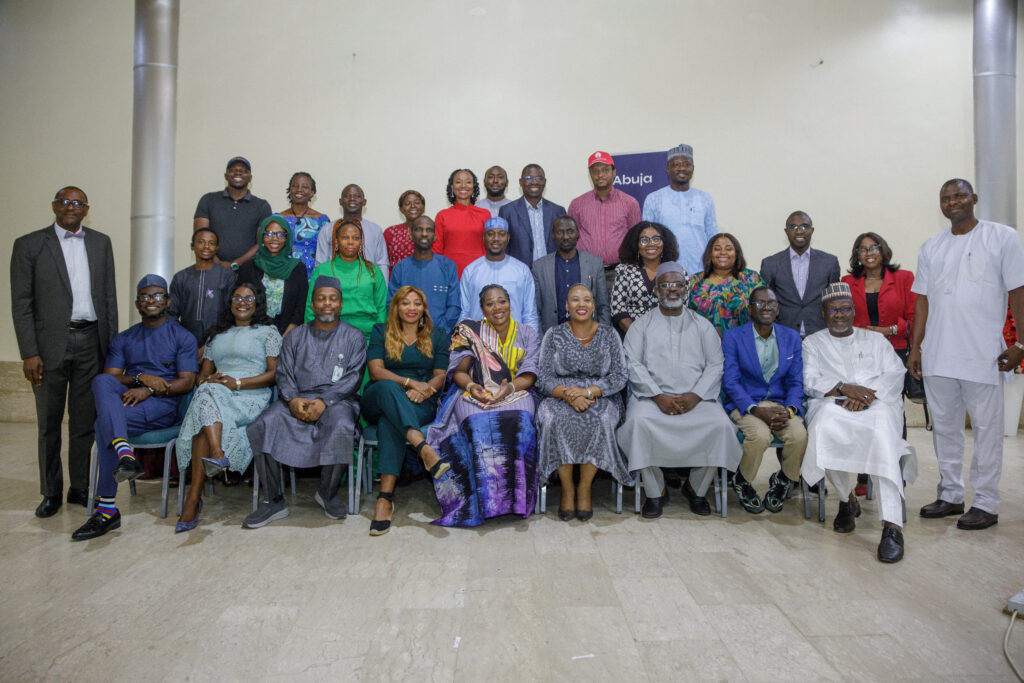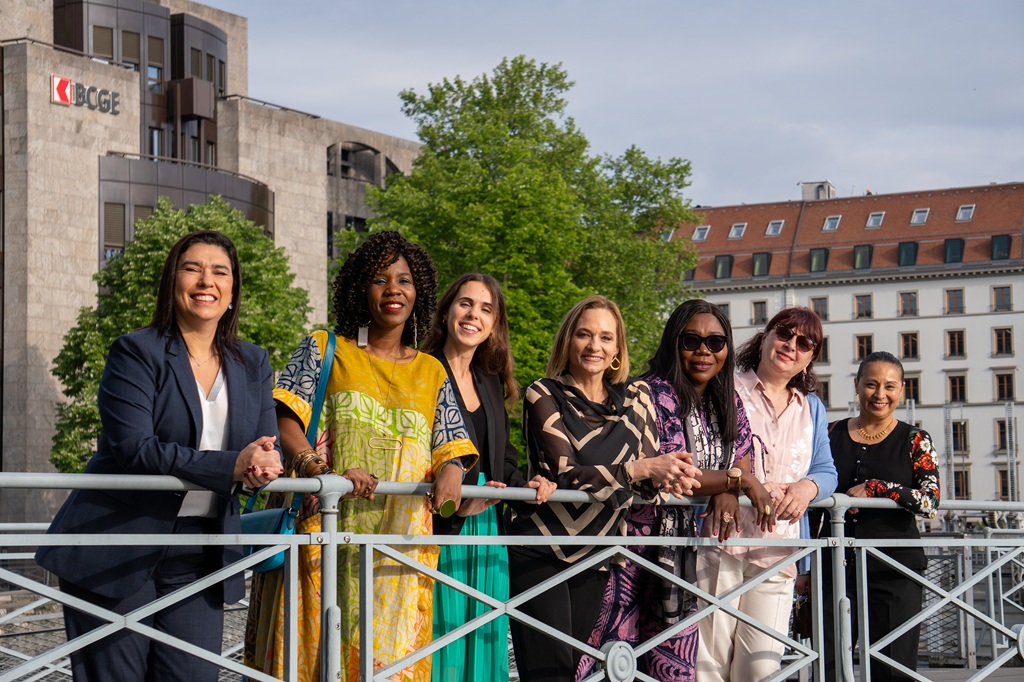
The inaugural Chair of C/Can’s board of directors, Professor Sanchia Aranda AM, is also CEO of Cancer Council Australia and the former president of the Union for International Cancer Control (UICC), C/Can’s founder.
Over the course of her four decades working in cancer control as a nurse, researcher, educator and health-system administrator, Professor Aranda has also occupied the post of Deputy CEO at the NSW Cancer Institute and is a former President of the International Society of Nurses in Cancer Care.
Earlier this month, Professor Aranda became the 2020 recipient of Australia’s Tom Reeve Award for Outstanding Contributions to Cancer Care, which formally recognises a national leader who has made significant contributions to cancer care in Australia and around the world.
In this interview, Professor Aranda discusses the impact of Covid-19 on C/Can’s work now supporting nine cities across the world to coordinate cancer care, and reflects three years on from the first city activities and equipped with the knowledge amassed in these early efforts, how cities are adopting C/Can’s approach to identify and prioritise their needs and implement evidence-based solutions.
Coinciding with the launch of the C/Can Constructive Engagement Framework, Professor Aranda attributes C/Can’s success to creating multi-sectoral partnerships and “a constructive engagement framework to guide all partners through the process”, highlighting the importance of addressing each city’s needs on a case-by-case basis:
“No city has the same solution as another, and instead each builds on the concept of partnerships and uses their shared skills to meet local priorities.”
In the 2019 annual report you talk about the power of partnerships: what results are you seeing through the collaborative efforts of C/Can, partner organisations, governments, etc.?
Many commentators talk about the importance of multi-sectoral partnerships (private and public, government and non-government sectors) coming together to achieve important goals, but few have overcome the barriers to such collaboration.
C/Can is making these multi-sectoral partnerships come alive. In each of our cities, we see partnerships forming between country and regional governments, city administrations, health services in public and private sectors, along with clinicians and non-government and patient organisations right across the spectrum – from agreeing needs and priorities to defining solutions. These local partnerships are then augmented by global support such as the provision of training and access to technical solutions.
Please talk about the efforts of C/Can to improve cancer care outcomes in low- and middle-income countries. Can you give us an example?
One of the most important aspects of providing effective cancer treatment is making the right diagnosis, and this means a heavy reliance on pathology. In all of our cities pathology has been identified as a training and capacity-building need. All of this has happened without direct cost to the city and forms a model for cost-effective capacity-building via the creation of what we call global public goods that can be shared with others. Without C/Can-led partnerships, this capacity building would take decades, so through our work we are accelerating progress in LMICs and through this, making sure diagnosis is accurate and treatments are used to best effect.
What can other organisations learn from C/Can?
Other organisations will see C/Can making multi-sectoral partnerships happen safely and without falling into a minefield of conflicts of interest. We have diligently assessed all our partnerships to ensure they align with our goals and values and that staff of all organisations are protected from the potential for conflicting interests. We have approached this from a positive mindset rather than a risk mindset, and established what we are now calling a Constructive Engagement Framework to guide all partners through the process. Not-for-profit organisations like C/Can need all sectors to work together to make a difference in the world and yet want to do so without implications of impropriety or bias, especially when there is the potential for giving commercial advantage to partners over other players in the sector. Our CEF articulates how we achieve this and will be of great value to others trying to establish similar programs in the future.
Do you think this global crisis is going to change the mindset of health care professionals, policy and decision-makers? Why? And how so?
COVID-19 is making all of us rethink our approaches to our work and our activities. In high-income countries the rapid transition to working from home and delivery of care through telehealth are two examples of overnight change that until then had been moving at a snail’s pace. In Australia, our national Government brought into being new telehealth items in days, a process that would normally have taken months or years before the pandemic.
I think COVID-19 will mean that technology will be more closely embedded into the ways we support LMICs to strengthen their health systems. It will break down knowledge barriers and enable capacity building at lower cost by supporting people as they learn in their home environments and in a context that will mean the skills they learn will be tailored to their local needs.
